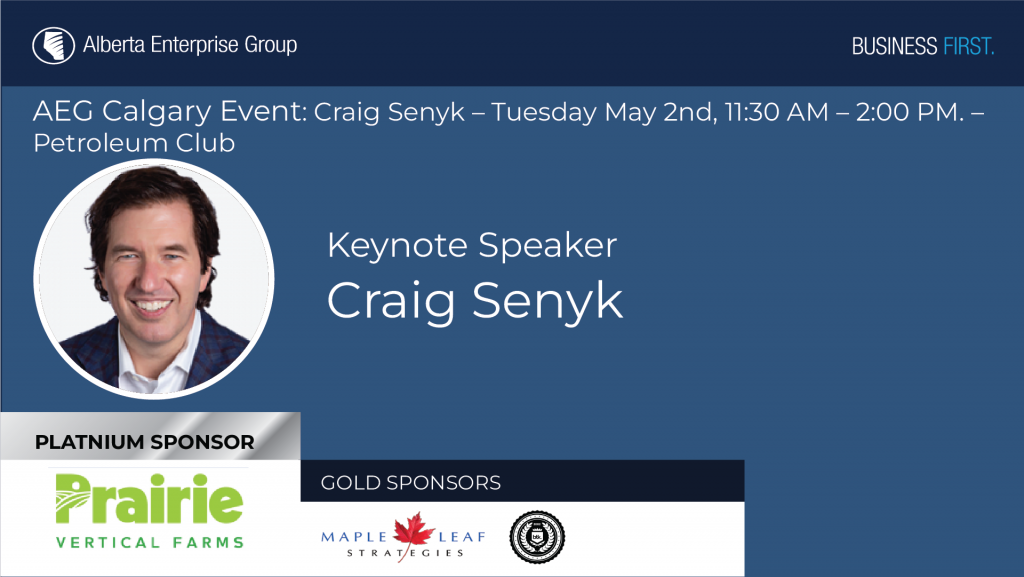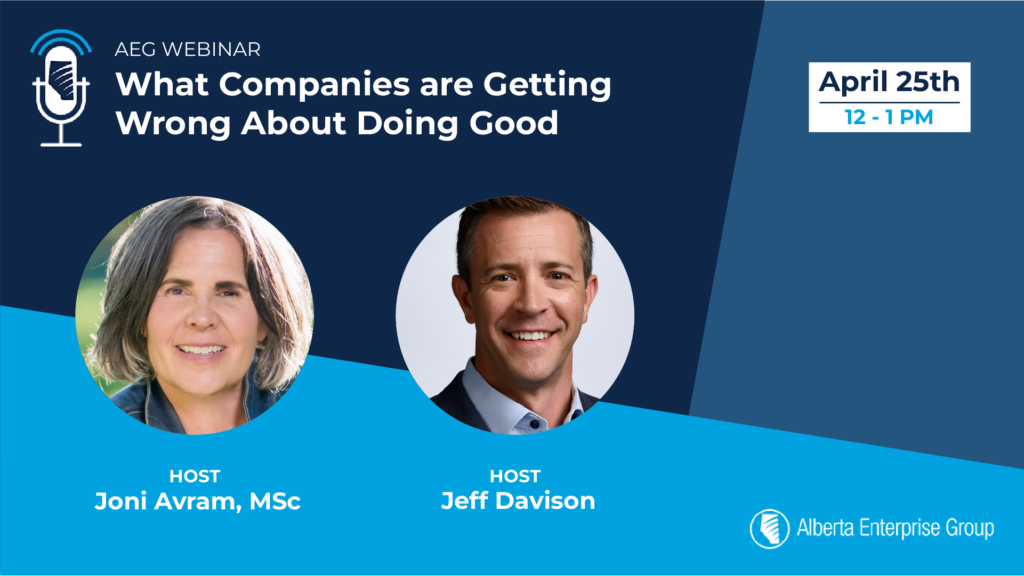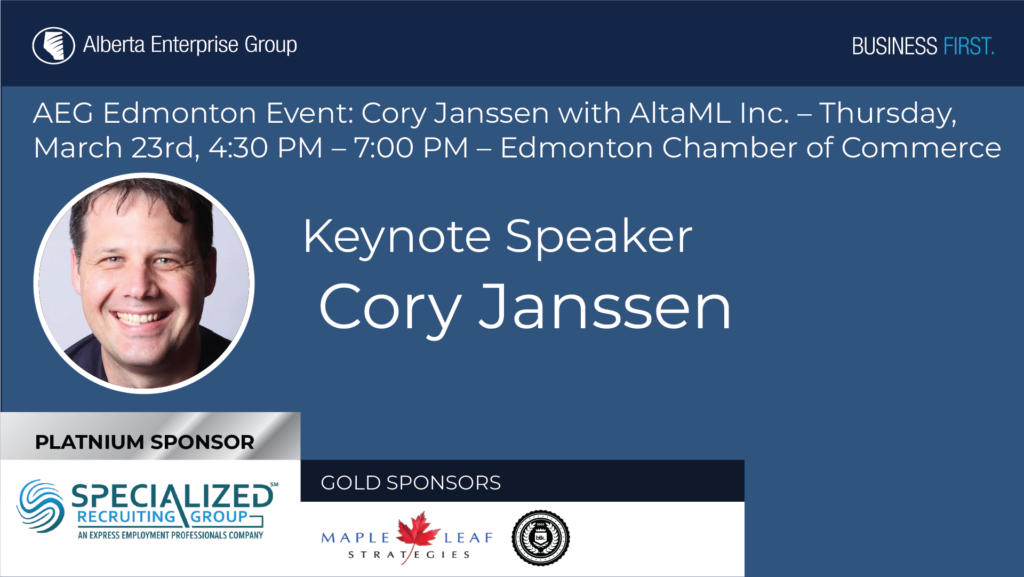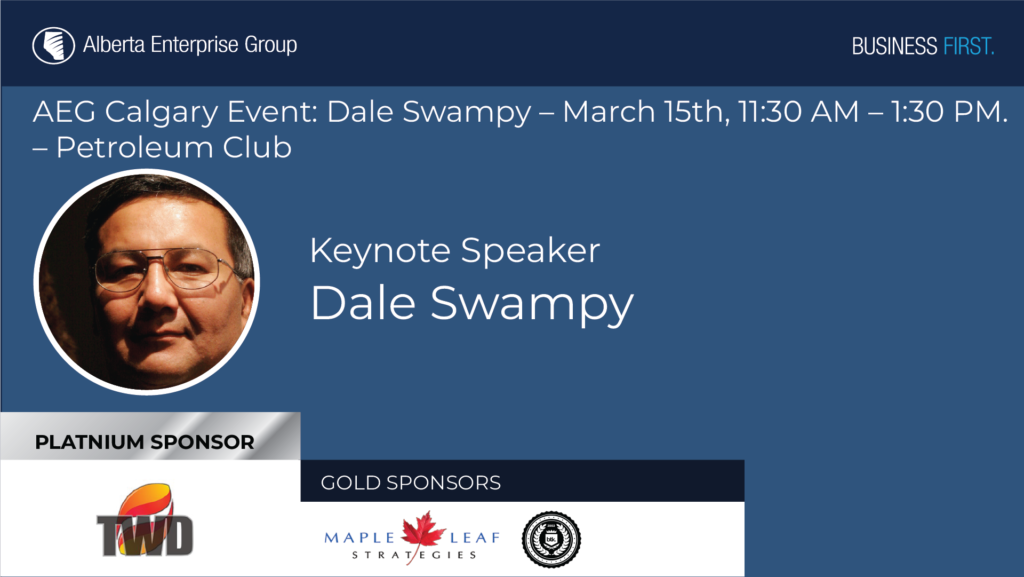Craig Senyk, keynote speaker, discussed the importance of culture in an investment firm at an event. He recounted a story of a Canadian-based firm that had a problem due to the gap between the junior and senior partners. This led to the founding partners claiming a larger share of the ownership for taking the early risk, while the younger partners felt they were bringing in most of the new business and should be rewarded accordingly. The battle for ownership had been going on for two years, with no progress.
This is a webinar hosted by Jeff Davidson, CEO of the Prostate Cancer Center in Calgary, on the topic of corporate social activism. The discussion focuses on the importance of businesses engaging in social change to meet the expectations of their audiences, including employees, customers, shareholders, and investors. Joni Abram, an expert in social change, marketing, and behavioral science, joins Jeff to discuss the risks and potential impact of corporate social activism, and how businesses can approach it authentically to build goodwill and establish themselves as valuable members of the community. They also discuss the importance of tangible outcomes and impact, and give examples of good and bad corporate social activism. The webinar emphasizes that smaller companies can have a real impact on their communities and offers practical advice on how to achieve meaningful social change.
Cory Janssen gave a keynote speech that aimed to clarify the hype and reality of AI for businesses. He explained that AI is an umbrella term for a variety of subcategories, such as machine learning, deep learning, reinforcement learning, computer vision, and natural language processing. He emphasized that AI cannot think and is simply making predictions on a specific area. Janssen provided examples of real-life ML use cases that his company has done in Alberta, including using computer vision to predict corrosion on insulation in a plant, developing an algorithm for touchless claims in insurance, and using natural language processing to optimize procurement processes for a large energy company. Janssen also talked about his company’s venture studio, which includes a new legal research company called Jurisage that uses machine learning to categorize every case in Canada to optimize the legal research process. Finally, Janssen addressed the issue of data quality control, explaining that while some data in legal cases is reliable, it’s important to ensure the underlying data for other clients is reliable before using it for ML.
Dale Swampy discusses the challenges that communities face in addressing poverty, including the need for employment opportunities and community involvement. He shares a personal story about his sister, who moved back to the reserve and started a program to provide food and other necessities to community members in need. The post highlights the importance of a comprehensive approach to addressing poverty, including employment opportunities, education, and community involvement, rather than relying solely on government programs. Dale also emphasizes the need for self-reflection and taking responsibility for addressing the issue, rather than blaming external factors.





